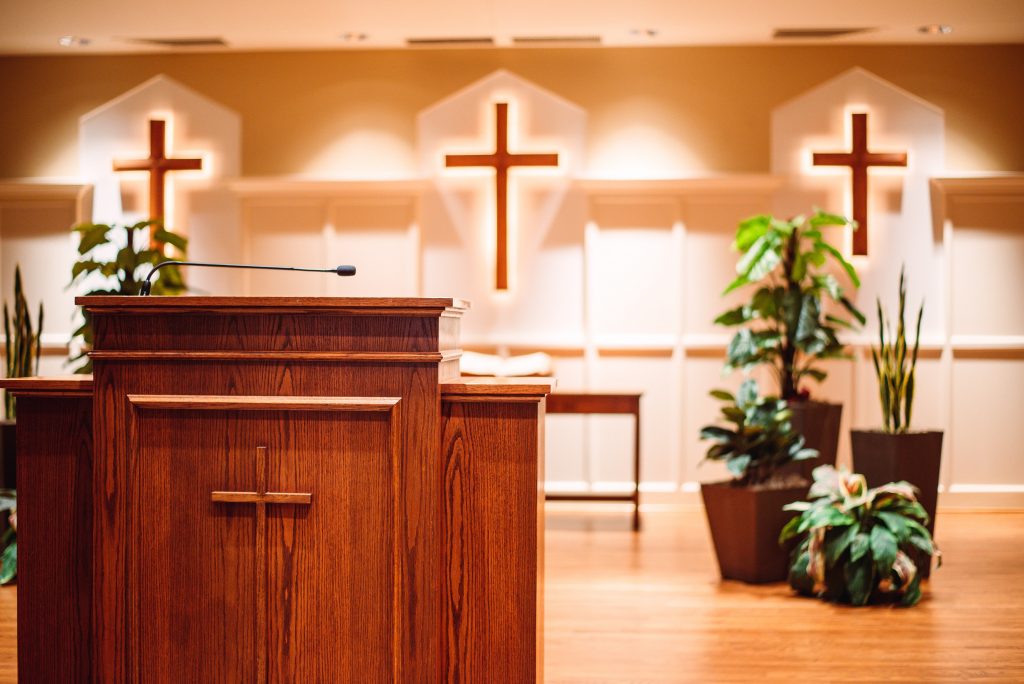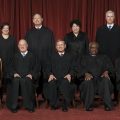
This is part of Family Council’s ongoing series outlining the importance of traditional family values in society. Today’s installment focuses on the value of religious liberty.
Religious liberty is a core value woven into the fabric of our nation.
Below are a few points to consider.
Religious Liberty is a Fundamental Human Right
The free exercise of religion is a fundamental human right secured by the First Amendment of the U.S. Constitution.
Religious liberty lets individuals practice their faith without fear of persecution or discrimination.
Protecting the free exercise of religion helps ensure people are able to live out their deeply held convictions in everyday life.
The Free Exercise of Religion Promotes Morality and Ethics
On August 23, 1984, President Ronald Reagan delivered a speech at the Ecumenical Prayer Breakfast in Dallas, Texas. During the speech he commented,
“Without God, there is no virtue, because there’s no prompting of the conscience. Without God, we’re mired in the material, that flat world that tells us only what the senses perceive. Without God, there is a coarsening of the society.”
Faith and religion help shape moral values and principles. Religious freedom ensures we’re able to follow our beliefs and pass them on to future generations.
Religion and Charity Benefit All of Society
In 2016 researchers writing in the Interdisciplinary Journal of Research and Religion published a study examining economic contributions of religious institutions. Researchers estimated “religion” in America contributes at least $378 billion to the U.S. economy annually — and possibly as much as $1.2 trillion or more.
Religious freedom allows individuals to provide a source of support and comfort in their communities. It lets people and groups engage in charity and service motivated by their faith.
Religious liberty also helps build a healthy society, because it lets people of different faiths live out their beliefs peacefully and respectfully without government interference.



